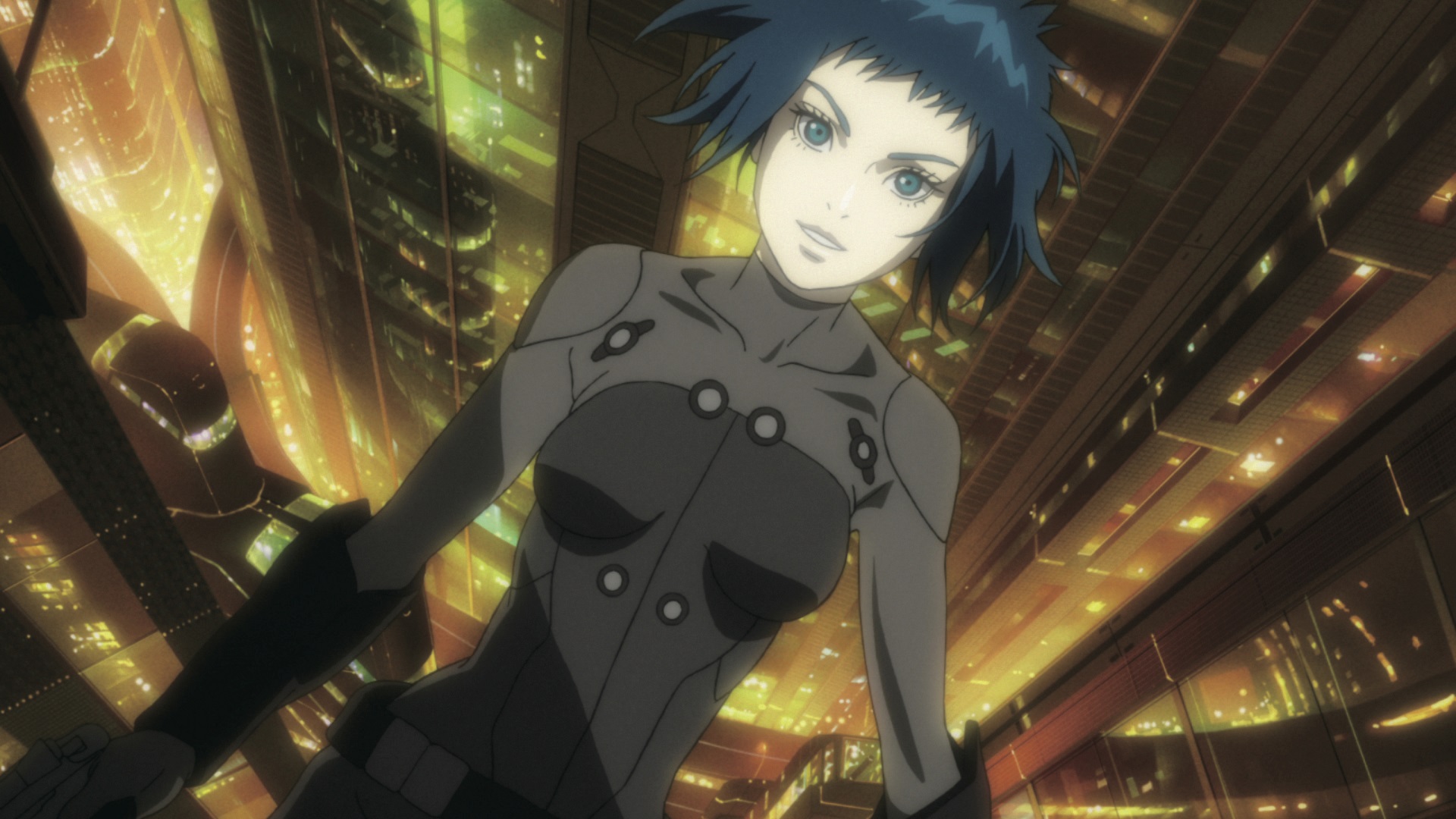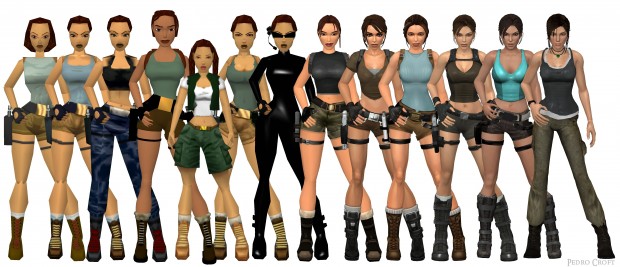I’ve been trying to get caught up on some reading this summer, and one of the series that I’ve been digging into the past couple months is that of The Expanse. It’s a science fiction series by James S. A. Corey, which is actually the pen name under which two authors, Ty Franck and Daniel Abraham, write together. The series began in 2011 with the first novel Leviathan Wakes, and the sixth novel, Babylon’s Ashes, was published last December (with several more on the way in the coming years).
It’s a series that has been compared to Game of Thrones, since there are both structural similarities—in that the chapters are written from the point of view of a variety of characters, with new POV characters being introduced in each subsequent novel thus far—and thematic ones—in that the series follows the political dynamics of several planets in our solar system while also tracking the development of a larger threat; or, as Andrew Liptak puts it, the series imagines “a solar system that included major settlements on the Moon, Mars, the asteroid belt, and the more distant planets, ruled by three major factions: Earth, Mars, and the Outer Planets. Inserted into this balance [is] a fourth party: an alien influence infiltrating the solar system.” And, also like Game of Thrones, The Expanse has been adapted into a television series, with its second season having aired this spring on Syfy.
I just finished reading the fourth novel, and one of the things that strikes me most about this series is its rich world-building—or maybe it would be more accurate to call it universe-building—and that’s because Franck and Abraham have constructed a universe full of a diverse network of languages, cultures, religions, races, sexualities, identities, perspectives. But what is especially striking to me about this universe is that its richness seems to derive, at least in part, from the fact that the story we engage with in these novels was originally conceived of as a game.
Indeed, Ty Franck, as Miguel Lopez and Simon Cox note, is “clearly a writer whose creative roots are in games” because Franck originally wrote The Expanse as “an MMO that never materialized, and later a pen-and-paper RPG. It was during one of those tabletop game sessions that Abraham, his eventual co-author, would notice just how detailed and finely-wrought Franck’s creation was.” In Lopez and Cox’s interview with Franck, Franck explains the series’ origins in more detail:
I’m an astronomy geek, so I was doing all this reading about all the various moons of the gas giants, and if people were going to live on them, how would that look and how would that work. I was writing up a lot of this stuff and thinking it would be a cool pen-and-paper game. Then a friend of mine whose uncle was a bigwig at a Chinese ISP called and said, “Hey they’re talking about making their own MMO. Do you have any ideas that you could pitch to them?” And she said, “Yes, I totally do,” hung up, and immediately called me.
Franck’s efforts with the Chinese ISP didn’t get very far (he explains, “I think what happened was the people who had this idea suddenly realized that delivering a triple-A MMO is like a hundred million dollar proposition.”), but the game was still his, so he “just decided to try it out—go back to what it had originally started out as, maybe something for a game,” and he ran it as a pen-and-paper RPG for several years: “Then the last one I ran was the one that [The Expanse co-author Daniel Abraham] was a player in, and after about the third session, he kept looking at my giant notebook…and finally he said, ‘You’ve done all the world-building that people do for novels. Why don’t we just write a novel out of this?’ I was like, ‘Yeah sure.’”
Of course, as Liptak explains, reworking Franck’s game into a series of novels was not without obstacles:
Creating a novel that had only existed as a game presented challenges. A common adage in the speculative science fiction world is “Don’t adapt your long-running Dungeons and Dragons game.” The pace and focus of an RPG is different than that of a novel, a fact that was in the forefront of each man’s mind as they wrote. What came out of the game, beyond the major events they adapted, was the sense of pacing.
What I find interesting about this progression, this evolution from game to serialized novels, this process of shifts and changes, is that it is a collaborative one—a collaboration between someone who writes games and someone who writes books. And this kind of collaboration, one that’s resulted in some pretty fun science fiction books, is really interesting to me (especially since I also like engaging in collaborative work) because I think it allows for new inroads into writing. Yet, while I’ve enjoyed reading the books that have resulted from this collaboration, I also find myself wondering what might have come from the release of the game-version of The Expanse—what new inroads into gaming experiences might have been gained from that contribution.
Because one of the other things that has struck me about the series, as I touched on earlier, is the effort made to provide more inclusive representation in the characters that we encounter throughout the series, and it’s this kind of representation that I think the world of games would benefit from. The series is, of course, not perfect and has its representational flaws, but as Liptak explains, Franck and Abraham have intentionally worked to create “a diverse solar system, and race relations between Earth, Mars, and the…Belters play a major role” throughout the novels (and the television show as well). Many of the characters are as complicated as the universe they occupy, and in this way much of the character development throughout the series seems to mirror the fullness of its world-building—a result, then, of the intersection of games and stories that Franck and Abraham’s collaborative writing reveals.
I’d love to engage with such characters—characters like Crisjen Avasarala or Bobbie Draper, Fred Johnson or Praxidike Meng, Naomi Nagata or Alex Kamal—in games. And that’s because, while reading these novels, I find myself really caring about a lot of them. I will say that, in thinking about these characters, I have also found myself thinking about the game Brothers: A Tale of Two Sons (and some spoilers for both The Expanse and Brothers will follow in this comparison, so perhaps skip down a bit if you need to.) In one of the books in The Expanse series, one of the POV characters dies, and we lose that character’s chapters for the remainder of the novel. This loss reminded me, in some ways, of the moment in Brothers when the older brother dies and we’re forced to play the rest of the game solely as the younger brother and solely, then, by using only the right side of the controller—we’re forced to play the rest of the game reminded, structurally, of that loss. Similarly, we’re structurally reminded of the loss of the character in The Expanse through the loss of the character’s chapters. However, this loss does feel different because of the ways we engage with games and novels differently—the loss in Brothers feels more embodied, more visceral, more active. But I think there are points of intersection between the two that perhaps also speak to Franck’s gaming background, that speak to the variety of ways that games and novels both converge and diverge.
We talk a lot in game studies about game and story, about whether or not so-called “traditional” forms of storytelling can or should influence the ways games are constructed. To me, such prescriptions often feel essentializing and universalizing (and, often, come across as paternalistic efforts at gatekeeping in the gaming community). Such conversations and arguments also, it seems, talk a lot about whether or not games are influenced by literature, but we don’t talk as much about the opposite relationship, about how games might, conversely, influence literature. The Expanse—the world that began as a game, became a book series, was adapted into a television show, and is now, in fact, in a sort of full-circle move, being turned into a board game—opens up this conversation, I think, by revealing that the feedback between the forms, between games and literature, is not simply a straight line from literature to games but is, perhaps, more of a network, a multi-connected conversation between the vast array of mediums and forms that we engage with every day. And that seems kind of exciting to me because it makes me wonder what this multi-connected conversation might continue to result in—what new artifacts we might continue to produce. What new worlds we might build.




